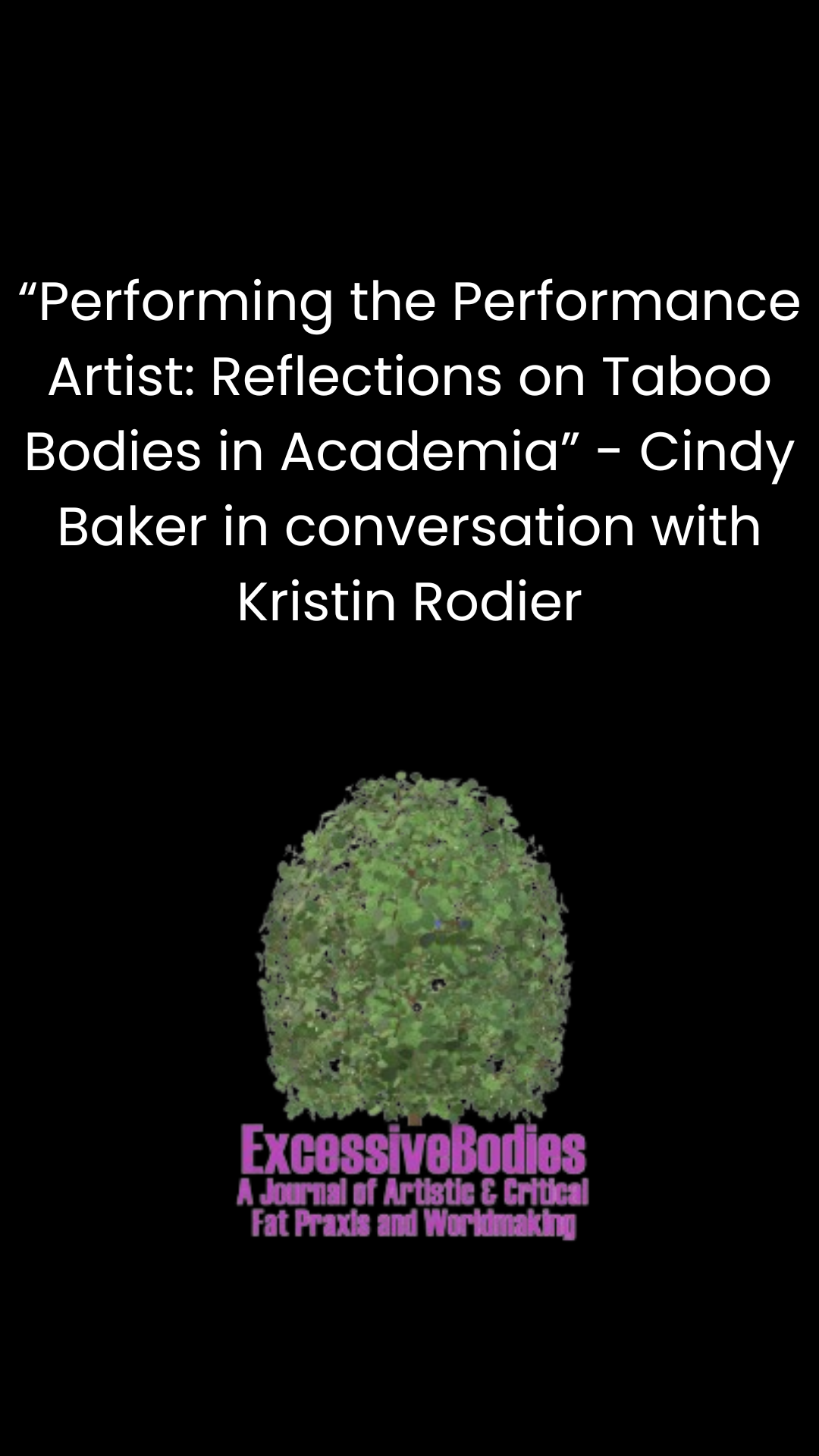
-

“I thought you wanted me to “perform” Cindy Baker as one would perform Hamlet. As I was reading the lecture in advance, it became clearer to me that this was something quite different than a lecture.”
-

Rodier examines the dominant narrative of the thin, cisgender, heterosexual white female victim, and the ways in which social and cultural conversations are impacted by sexual violence in media.
-

This introduction reflects on practices of telling stories about works by influential contemporary feminist philosophers, interrogating what is considered impactful feminist philosophy.
-

[D]ominant norms of who is a rational philosopher continue to be aligned with contemporary neoliberal values such as individualism, self-sufficiency, discipline, and freedom of the will.
-

This text offers students an introduction to critical thinking methods, principles, and applied examples. It engages the reader to question their attitude and approach to critical thinking .
-

Focusing on the media response to Brown's violence, we examine how many accounts of gender-based violence rely on temporal imperatives that are intended to bolster women's agency.